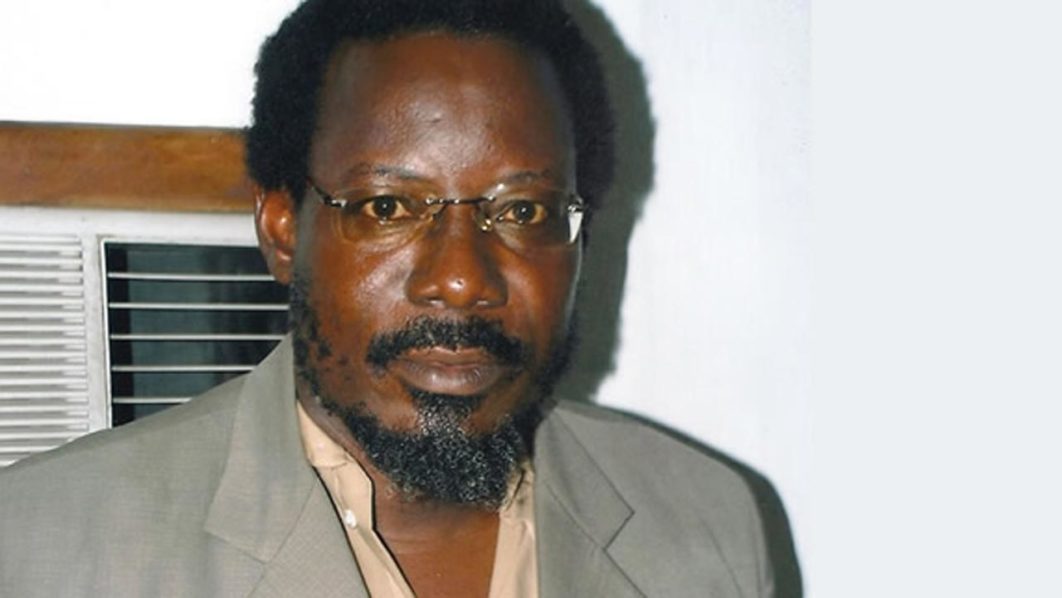
CAN hails Nigeria at 64
Committee for the Defence of Human Rights (CDHR) has urged the Federal Government to undertake urgent reforms to address the country’s lingering challenges.
Speaking, yesterday, at a briefing in Lagos to commemorate Nigeria 64th Independence Day anniversary, the National President of CDHR, Debo Adeniran, lamented that despite 64 years of independence, Nigerians were neither happy nor free, blaming the President Bola Tinubu administration’s policies that had pushed millions into poverty and hardship.
The organisation called on the government to streamline its structure by adopting a unicameral legislature, which would make governance cheaper, easier to maintain, and faster.
CDHR also recommended reducing the three tiers of government to two – federal and local governments – to eliminate the need for state governments. Additionally, CDHR advocated the election of ministers and commissioners by their respective states or constituencies, rather than presidential appointments. This, they said, would ensure accountability and representation.
The group also demanded the unconditional release of detained #EndSARS and #EndBadGovernance protesters, journalists, and whistleblowers. CDHR emphasised the need for free and compulsory primary and secondary education for all Nigerian children, reduced tertiary education fees, and grants instead of loans for students.
IN its message, the Christian Association of Nigeria (CAN), urged Nigerians to remain courageous, hold fast to hope, unity, and a shared vision for a better Nigeria.
In the message titled: ‘Call to National Harmony and Progress’ released yesterday, in Abuja, the CAN President, Archbishop Daniel Okoh, noted that Nigeria stood as a shining example of the strength found in diversity, adding that despite the challenges that had tested their resolve, Nigerians had continued to demonstrate resilience and a shared commitment to the common good.
Okoh observed that Nigeria could overcome its challenges, adding that the independence anniversary offered a profound opportunity to reflect on the journey as a nation, to acknowledge achievements, and to commit anew to the ideals of unity, peace, and progress.
He said: “As we reflect on our history, let us renew our dedication to fostering national unity and social harmony. It is imperative that, regardless of our religious affiliations, we embrace peaceful coexistence and work collaboratively to build a future marked by mutual respect and understanding.”
Okoh stated that in recent years, the country had witnessed significant progress in addressing the security challenges posed by terrorism and banditry, stressing that the threats had deeply affected many communities, including Christians.
He commended efforts by security forces in safeguarding the nation, adding: “However, we must remain vigilant and continue to support initiatives that promote safety and security for all Nigerians, ensuring that every citizen can live without fear.”
MEANWHILE, United Action Front of the Civil Society (UAFCS) has called on Federal Government to initiate urgent dialogue with leaders of the nationwide “Fearless October” protests against hunger and hardship. The group warned that the government’s refusal to engage with protesters may lead to costly mass action, harming the country.
In a statement, yesterday, signed by the Head, Coordinating Secretariat, UAFCS, Olawale Okunniyi, the group expressed concern that the government’s intransigence on dialogue might prolong the face-off between citizens and the government.
The group offered to facilitate a strategic dialogue between the government and protest leaders, citing its experience in promoting democracy and civil society.






